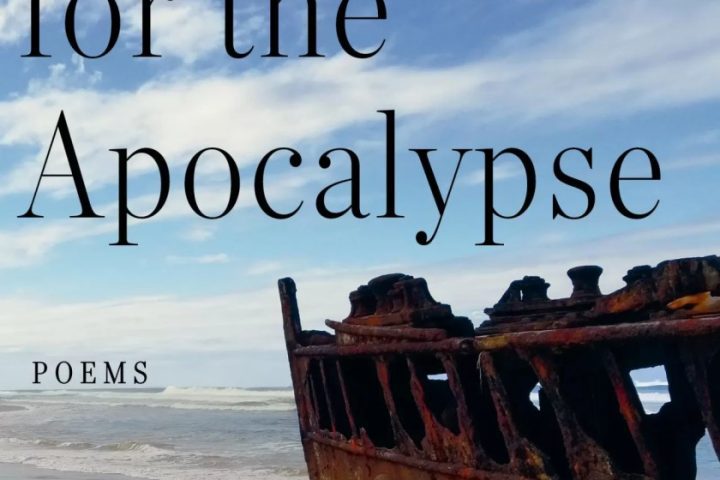
When the Years are Gone: On “Playlist for the Apocalypse” by Rita Dove
November 30, 2021
This essay is part of a series in which Seattle Arts & Lectures partners with Poetry Northwest to present reflections on visiting writers from the SAL Poetry Series. On Friday, December 3, Rita Dove will read and discuss her work with Anastacia-Reneé at an online-only event. This event is available to attend online until December 10 at 7:30 p.m. (PT)—get your tickets here!
By Luther Hughes
It’s funny. Lately, I’ve been thinking of how poetry can sometimes make me comfortably uncomfortable. What I mean is, there are some books I have read that I became familiar with being uncomfortable while reading. This is not to say that I wanted to put down the book, the poem, or the poet, nor is this to say that the feeling of being uncomfortable was tied to, necessarily, my own inhibitions or some weird notion of disrespect I might’ve somehow gleaned from the work. This is to say that when I come across work that makes me uncomfortable in the best way possible, I am intrigued and astonished by the feeling because the many marginalized identities I hold have historically positioned me in uncomfortable settings and conversations.
Or maybe “uncomfortable” is the wrong word here, but this is how I sometimes felt when reading Rita Dove’s latest collection, Playlist for the Apocalypse, which I found—you guessed it—comfortably uncomfortable. Now, friend, don’t get me wrong. I didn’t find Dove’s tone or content uncomfortable. It was not the trajectory of the book, nor the ways in which she interrogated history, race, and identity. What I found uncomfortable was the longevity in which she addressed these themes. In said length of interrogation, I realized that history sometimes makes me uncomfortable when it is reckoned with by brutal honesty. Or maybe it is more so that when Black history is reckoned with by Black writers for an extended period, I find myself restless, wanting to get out of dodge—wanting, ever so slightly, to remove myself from the recalling and telling.
I have to say, now, that I embarrassingly had not read an ample amount of Dove’s work before I was asked to write about Playlist for the Apocalypse. Over the past couple of weeks, I plunged deep into her work, reading a book a day—sometimes the same book over two days. Am I Doveographer now? No, not at all. I will say that after having spent most of my after-work hours reading and jotting down notes in the margin of her books, that Playlist for the Apocalypse is nothing to be played with; she really put her whole foot in these poems.From book to book, Dove tends to carry over the following themes: social and political history, personal history, trauma, Blackness and Black history, motherhood, desire and longing, freedom or wanting to escape, mortality, and preservation—all of which fit nicely under the question, “Those years are gone— / What is there now” from the poem, “Upon Meeting Don L. in a Dream,” in her first book, The Yellow House on the Corner.